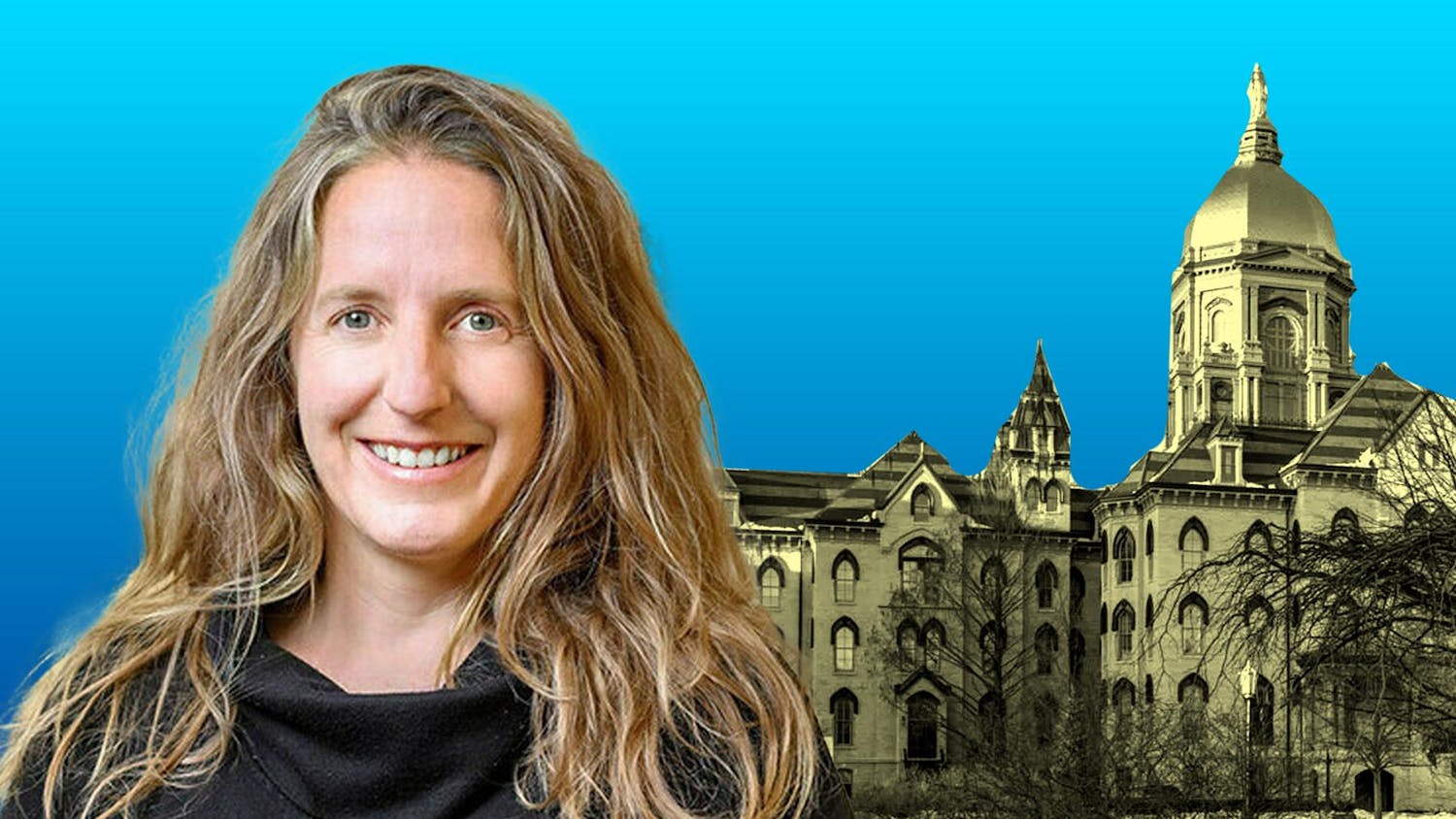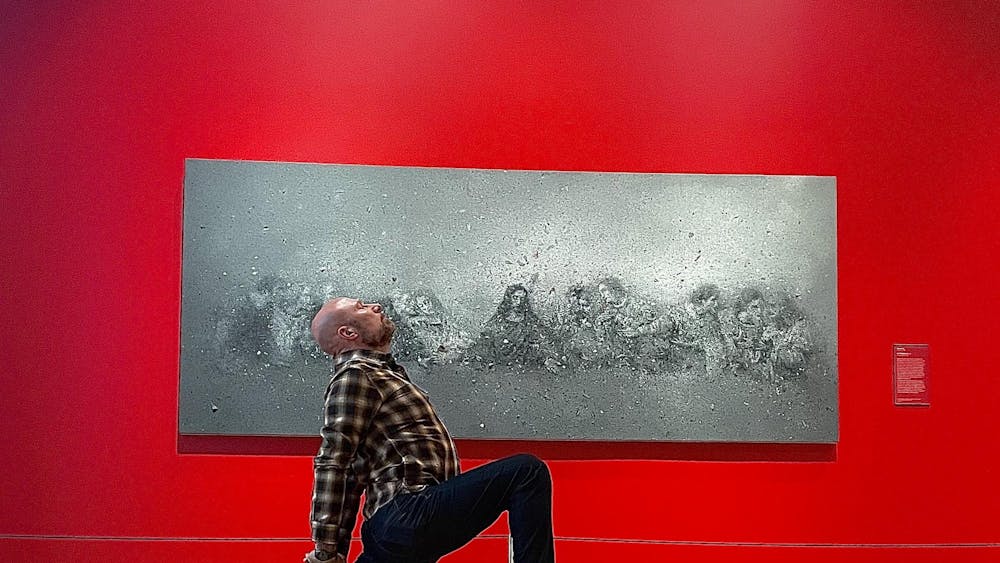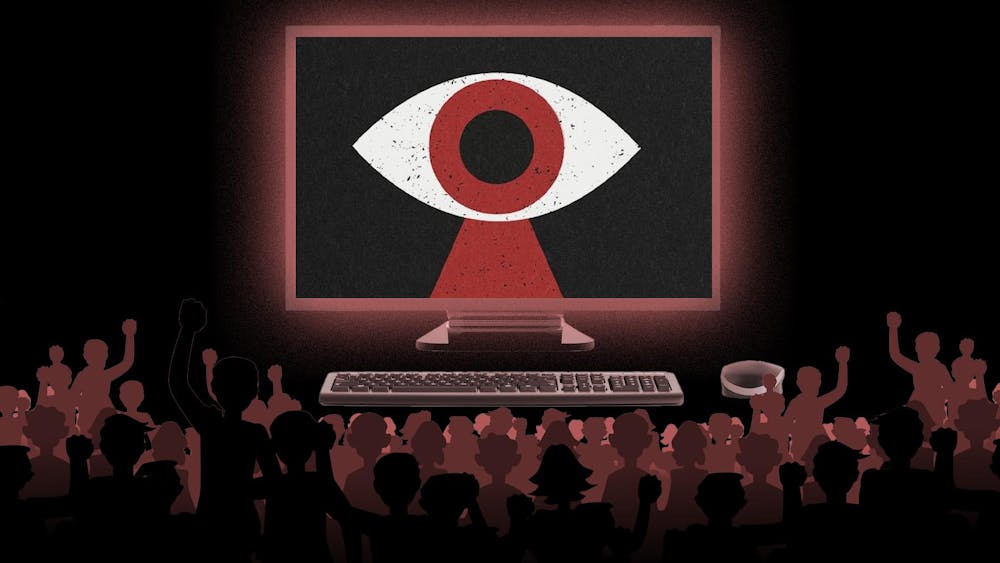On Wednesday, Jim Obergefell — the named plaintiff in Obergefell v. Hodges (2015), the Supreme Court case that legalized same-sex marriage nationwide — will be speaking at the Notre Dame Law School, along with two other plaintiffs. They will share their experiences as litigants and explain what the decision has meant for them and the LGBT community more broadly. The email announcement from the student-run LGBT Law Forum describing the event says that they are “so excited to have Jim on campus and to put a face to the name that is synonymous with our community receiving equality and acceptance under the law.” This is an odd statement, however, because court decisions don’t generate “acceptance,” and they certainly don’t confer equality or dignity — they merely recognize them. One of America’s greatest jurists, Justice Joseph Story, expressed this truth in his majority opinion in Swift v. Tyson (1842): “[D]ecisions of courts … are, at most, only evidence of what the laws are. … They are often reexamined, reversed and qualified by the courts themselves whenever they are found to be either defective or ill-founded or otherwise incorrect.” Even so, the litigants — of course — have every right to speak about their experiences under the First Amendment’s free speech clause. But why is the Notre Dame Law School making possible the celebration of a Supreme Court ruling that is directly contrary to the Catholic Church’s teachings on marriage? Perhaps the event is happening here because the three men were petitioners in a high-profile case at our nation’s highest court, and a law school has an interest in inviting them, and any other similarly situated litigants, to talk about their interactions with the justice system as well as any fallout, whether it be positive or not. But that’s a very low bar; if all that were required for an event to be justified in taking place here was that it be about a high-profile Supreme Court case, we should be equally invested in inviting, say, Jack Phillips, the baker whose right not to bake a cake celebrating a same-sex wedding was just protected by the very same court in Masterpiece Cakeshop, Ltd. v. Colorado Civil Rights Commission(2018). But something tells me that isn’t going to happen. Certainly not without a lot of controversy. Call me cynical, but I also have a sneaking suspicion that any future invitation to someone like Jack, if it comes at all, won’t be coming from the LBGT Law Forum; and, if it did, such an event definitely wouldn’t happen in a place of honor like the McCartan Courtroom, where Judge Amy Coney Barrett’s judicial investiture ceremony took place one year ago. There must be something else going on then. Perhaps the event is meant to celebrate an incredible 5-4 decision, a decision widely recognized to be a legal tour de force, so much so that even traditional marriage advocates have been forced to recognize it as a legitimate and, indeed, laudable exercise in constitutional interpretation because of its rhetorical and logical power. Wrong again. For even supporters of same-sex marriage have called then-Justice Anthony Kennedy’s opinion in Obergefell a "logical disaster” and have likened it to a kind of double-edged sword that empowers judges — to the horror of our “tolerant” betters — to recognize even the “dignity” of the “intolerant” rubes of flyover country. (Kindly ignore the fact that, per poll results, the most intolerant Americans are precisely those most likely to support the result in Obergefell: highly educated whites.) So if neither of those things is driving this event, what is? Simply put, the Law School doesn’t mind giving carte blanche to those who openly and proudly reject the Church’s teachings on marriage because the costs of orthodoxy are greater than the benefits. (Read: They will lose donor money if they are too Catholic.) The more interesting question, however, is why those who so despise the Church’s teachings are students here, trying mightily to subvert them. You knew what Notre Dame was when you applied, and, one presumes, you generally knew both what you believed and how open you were to reconsidering those beliefs before you stepped onto campus for the first day of classes. Nobody forced you either to apply or to enroll. You know Notre Dame is a Catholic university, and the Church to which she pledges allegiance teaches that marriage is a sacrament, a “covenant, by which a man and a woman establish between themselves a partnership of the whole of life, [which] is by its nature ordered toward the good of the spouses and the procreation and education of offspring."If you didn’t know it before, it would behoove you to hear it now. The Church is metaphysically incapable of teaching error, and for her to say marriage is possible between two persons of the same sex would be for her to teach error (just as she would teach error if she were to say that marriage can be between more than just two persons, irrespective of sex). And yet, you insist on loudly dissenting. I’m told self-acceptance is one of the most noble acts a person can do; the LGBT community speaks often of accepting people for who they are. So, it would be great if Notre Dame were accepted for what she is — a Catholic university, dedicated to a Church perfectly anchored in fidelity to the truth of God.
Deion A. Kathawa
J.D. ’20
March 24









